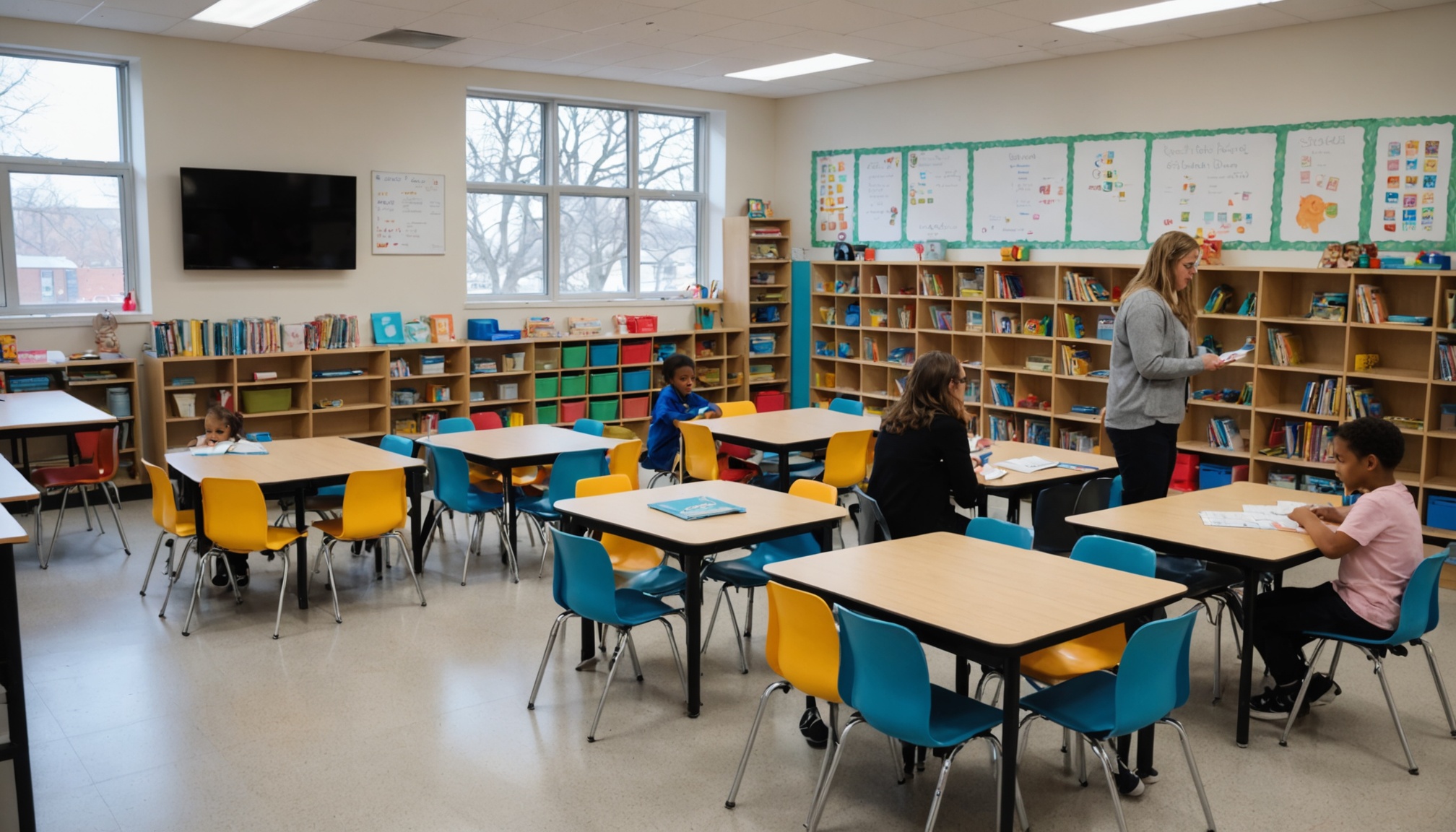Trauma-Informed Classrooms in Toronto: Current Best Practices
Creating classrooms where students feel safe, respected, and supported is essential – especially for children and adolescents who have experienced trauma. In Toronto, trauma-informed education is leading the way, helping educators understand, recognize, and respond to the complex impact of trauma on learning and development. If you’re an educator, parent, or school leader in Toronto, adopting these best practices empowers every student to thrive.
Why Trauma-Informed Classrooms Matter in Toronto
Trauma impacts children’s ability to focus, regulate emotions, and form trusting relationships. In North York and across the GTA, many students quietly carry the effects of trauma—whether from family stress, immigration experiences, loss, or broader societal events. Trauma-informed classrooms recognize these realities and offer essential predictability, empathy, and strategies that make learning possible.
Core Components of Trauma-Informed Education
Modern trauma-informed classrooms in Toronto include several foundational elements:
- Safe spaces: Predictable routines, clear rules, and sensory-friendly environments help students feel physically and emotionally secure.
- Strong relationships: Building trusting, caring connections between teachers and students is prioritized over punitive discipline.
- Empowerment and choice: Students are offered options and opportunities to feel control over their classroom experience.
- Staff training: Teachers and school staff receive education on trauma symptoms, brain-body responses, and supportive communication.
For a deeper dive, see CAMH’s trauma resources.
Practical Strategies for Toronto Classrooms
Schools across Toronto are applying evidence-based tools for trauma-informed teaching, including:
- Predictable transitions: Visual schedules and advance warnings of changes help reduce unpredictable stress.
- Emotional regulation stations: Calm corners or resource baskets empower students to self-soothe using guided options like breathing cards or fidget tools.
- Collaborative problem solving: Conflict is an opportunity for structured support and skill-building, not just discipline.
- Mindfulness moments: Short, regular activities help students ground themselves and return to learning.
Local Resources for Trauma-Informed Support
Toronto schools collaborate with mental health clinicians and community supports to increase trauma awareness and student resilience. If your child is struggling, a referral to a trauma-informed provider—like our North York counselling and trauma-informed care services—can help bridge school and home care.
- Check out the TDSB’s guidelines on trauma-informed classrooms for detailed policies and parent guides.
Compassionate, Inclusive Practices Benefit All Learners
Every child deserves a classroom where they feel seen, safe, and understood. By embracing trauma-informed best practices, Toronto educators make schools not only trauma-sensitive but truly inclusive and thriving. If your family or school needs support in implementing these principles or accessing trauma care, contact the Dynamic Health Clinic team to book a consultation today.






